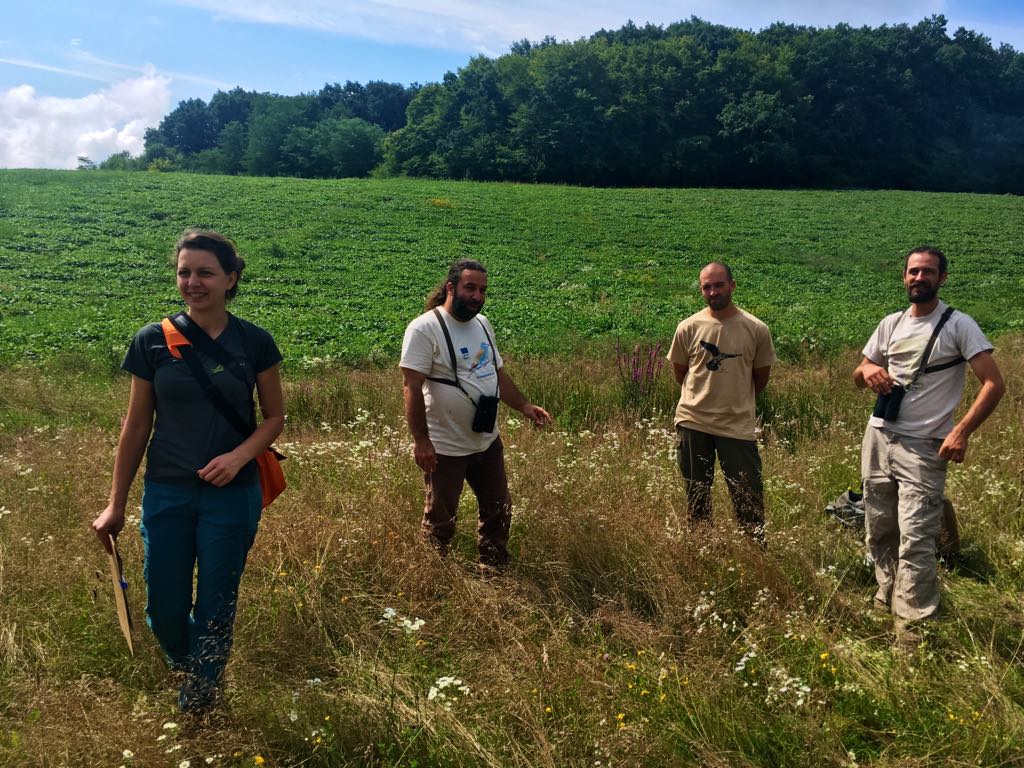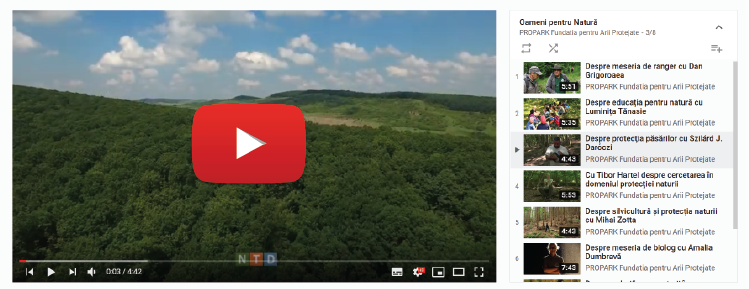[6th March] Webinar: Communicating with purpose
EUROPARC webinars are a cost-effective way of learning with your peers, get inspiration and ideas to improve the management of your protected area. We invite you to join us in our next EUROPARC webinar about communication!
Communication is at the heart of all Protected Area & Natura 2000 managers work.
Whether writing a report or a press release, chairing a public meeting, giving a presentation, writing an email or a tweet. It is everywhere, yet, often Protected Area staff have concerns that inadequate communication is hampering their effectiveness to manage effectively their Natura 2000 or other protected sites.
EUROPARC is taking the lead in providing innovative communications training for Protected Area professionals. Within the LIFE e-Natura2000.edu project, 25 participants from around Europe, will have the chance to learn new competencies, tools and techniques to increase their communication´s effectiveness.
Webinar communicating with purpose: Understanding what you want to say
- Friday, 6th March 2020
- 11:00 CET
- participation is free, register here
In the first webinar “Communicating with Purpose”, we invited Dirk Hilbers, founder and director of the Crossbill Guides Foundation, a European NGO aiming to increase public involvement with nature conservation. Dirk has a background in ecology, philosophy and science communication, and started what is now the world’s largest series of nature travel guides, the Crossbill Guides. The Crossbill Guides inspire a wide range of nature lovers and are made in collaboration with site managers to share their message.
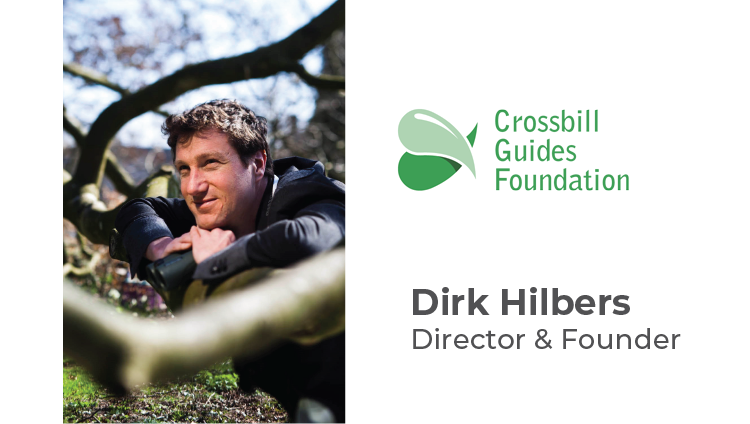
In this webinar, Dirk shares his 15 years’ experience in communicating the values of our European natural heritage.
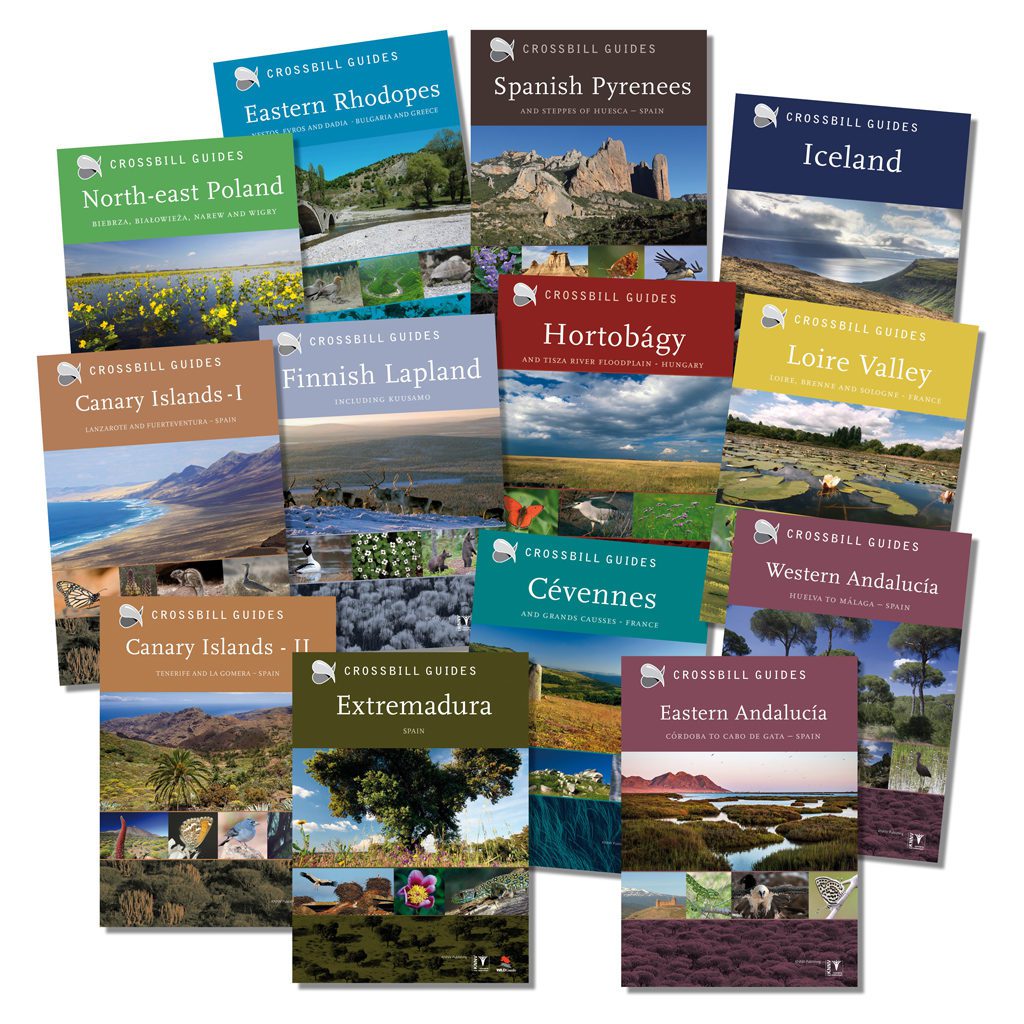
The webinar will be introduced and moderated by Neil McIntosh, project manager of the LIFE e-Natura2000.edu. Register today!
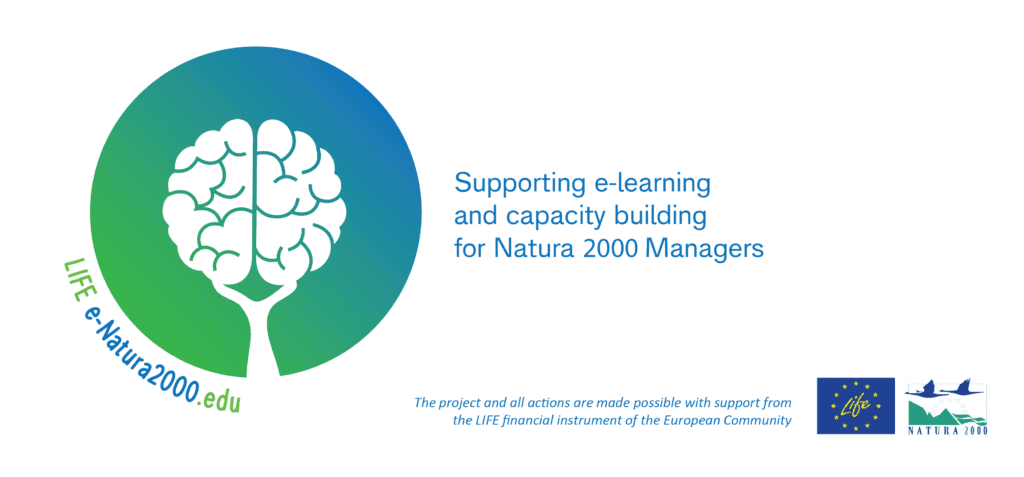
Communications training & a porpoise safari in the Kullaberg Nature Reserve
Porpoises in Kullaberg Nature Reserve (SE)
article written by Kullaberg Nature Reserve
In June we will host a practical workshop on communication for efficient management of Natura 2000 at Kullaberg Nature Reserve, Skåne. We are very excited to be able to show our nature reserve to a cohort of 20 participants from all over EU selected under the LIFE e-Natura2000.edu Project and share a few days of learning together.
A porpoise safari?
In the sea around Kullaberg, you can often spot the porpoise – a small toothed whale. Workshop participants will have a chance to go on a tour to be able to spot our porpoises close up and marvel at the fantastic Kullaberg scenery with alluring coves and mysterious caves from aboard RIB. The tour will be organized by our friends and partners – outdoor tour company Kullabergsguiderna.
Kullabergsguiderna is certified according to the Swedish national eco-tourism standard Nature’s best. They believe that showing and informing the public about these amazing mammals will lead to more protection. They try to affect the environment as little as possible and follow international whale safari guidelines. Boat is a modern four-stroke outboard motor combined with a lightweight RIB-boat for lox carbon dioxide emissions.
Kullabergsguiderna applies internationally accepted guidelines for whale watching. Therefore,
the recent porpoise safaris have actually strengthened protection of our porpoises.
From being almost unknown in northwest Skåne, our knowledge of our most threatened marine mammal has increased dramatically. With increased knowledge comes greater consideration and respect for, among other things, the reserve’s speed limits. Visit of our guests, therefore, helps the future of our porpoises look a little brighter. That can be fun to think about when they’ll walk the steep path back from RIB boat’s small natural harbour up to Sweden’s highest lighthouse!
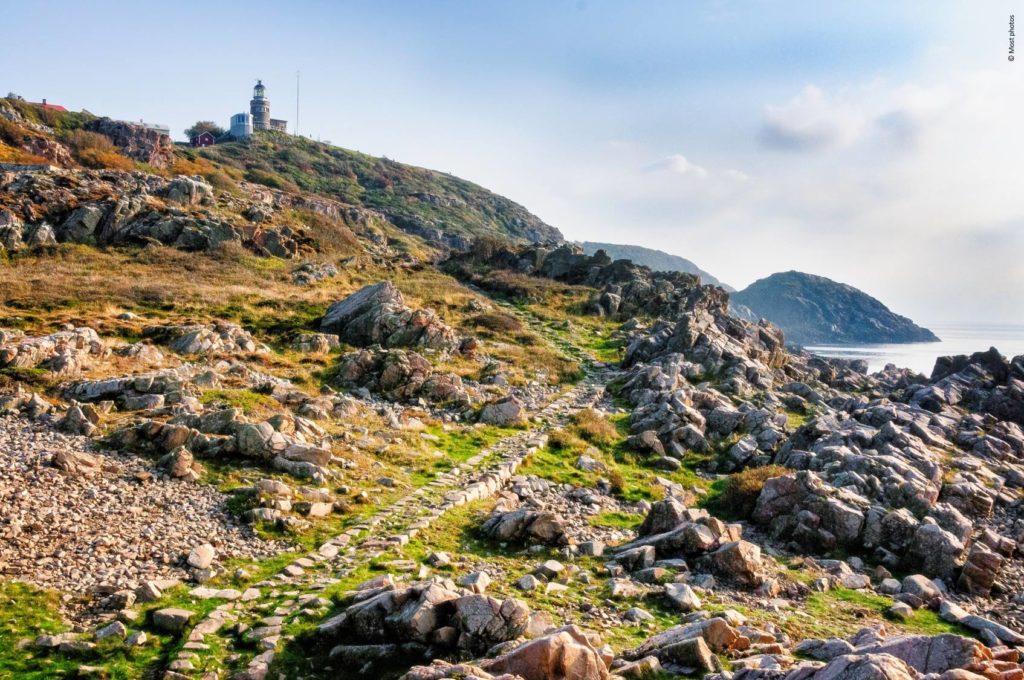
Kullaberg Nature Reserve, Sweden
What are the Competencies for effective management of Natura 2000 sites?
Capacity Building project - First Training Programme 2015 © Propark Foundation for Protected Areas
Natura 2000 site managers come from a very wide range of domains and have quite different backgrounds. Some of them are protected area managers, others are forest landowners, with many other occupations in-between. What they all have in common are the responsibilities to contribute through their Natura 2000 activities to maintaining or improving of the conservation status for the species and habitats for which these sites were designated.
Article written by Erika Stanciu
Director of ProPark Foundation for Protected Areas in Romania
What are the Competencies for effective and efficient management of Natura 2000 sites?
There are many possible answers if one raises the question: what are the top five or ten things you have to know very well as a Natura 2000 site manager, what should you be able to do and what should be your attitude to solve the challenges for species and habitat conservation in your area? Or to shorten the question: what are the competencies you need to do your work in an efficient and effective manner as a Natura 2000 manager? Many different answers are possible.
These answers can be grouped under a list of competencies that are relevant for most people involved in Natura 2000 management. Such a pre-defined list of competences is the starting point for a better understanding and knowledge about the needs of site managers and can help to plan and develop well-targeted capacity-building events and materials and to provide guidance and support for most of those who manage Natura 2000 sites.
A team of enthusiastic professionals gathered under the umbrella of the ‘LIFE e-Natura2000.edu: supporting e-learning and capacity building for Natura 2000 managers’ project to define a list of competencies that are needed for the management of Natura 2000 sites. This list, built on the IUCN’s Global Register of Competencies for PA Practitioners (2016), can be used by site managers to learn about their needs to improve competences for their jobs, for their every day work.
An online Training Needs Assessement
A first step in using the list of Natura 2000 competences was already taken within the Life e-Natura2000.edu project. A practical tool was developed for the use of individuals engaged in the management of Natura 2000 sites, an online Training Needs Assessment for Natura 2000 site management (Online Natura 2000 TNA).
If you are one of the professionals targeted by this online tool or a Natura 2000 landowner who has the responsibility to manage species and habitats on your land according the requirement of the Habitats and Birds Directives, you might find this tool very useful.
The analysis can show you which are the topics where you should invest more efforts in learning and in acquiring the practical skills you need.
With your top needs identified, you can then turn to your employer and ask for support in developing your professional capacities or to design a plan for learning by yourself. By offering the list of topics in which you need further improvement of your professional competences for further analysis, you will help training organisation and institutions to provide materials and tools for developing capacities of Natura 2000 managers.
After the testing phase of the Online Natura 2000 TNA all those interested in assessing their competences will have access to this individual tool.
”People for Nature” – ProPark honours people’s contribution to nature conservation
What does it mean to be a park ranger? How could forest management support conservation? Can we rely on nature to restore our health? What does experiential education for nature mean? What is the role of a park biologist? These are some of the questions the 8 short films “People for Nature” produced by Propark Foundation address.
Article written by Alina Ioniță
Nature conservation expert, the initiator and mastermind of ”People for Nature”
”People for Nature” – ProPark honours people’s contribution to nature conservation
Nature conservation’s success relies on the motivation, professionalism, dedication and actions of people working in this field. Given its complexity, this sector gathers people with a great diversity of educational backgrounds, professional and personal interests, competencies and life stories. This results in a captivating and inspiring mosaic of perspectives and ideas about conservation work itself.
Furthermore, in nature conservation work, our professional competencies intertwine with our beliefs, passion and dedication, our personal experiences and insights, giving a personal touch to our work and fuelling it. This fascinating intertwining is the cornerstone for this project.
But do we make time and space to talk about such things? How often do we reflect on our passions, our motivations, what determined us to work for nature, our “heroes” who inspired us along the way? How often do we talk about our daily work activities and how these contribute to society, or about our appreciation for our peer’s work? And how often do we even share our conclusions publicly or within our community of practice?
‘People for Nature’ brings the missing ingredient – a ‘melting pot’, a space – be it virtual or metaphorical – for sharing, for reflection and debate.
The aim is to contribute to fostering public support for the conservation sector in Romania. By focusing on people and honouring their contribution, by showcasing the beauty, the complexity and originality of different occupations we want to ignite the public’s curiosity and enable them to understand the importance of this sector for our well-being.
Moreover, the examples and insights of remarkable and authentic professionals are the building blocks for the developing community of practitioners who can inspire the new generation.
The series is continuously developing and it currently includes 8 short films, produced by Propark Foundation for Protected areas in Romania in collaboration with NTD Films. What does it mean to be a park ranger? How could forest management support conservation? How can we value nature to keep and restore our health? What does experiential education for nature mean? What does a park biologist do? What does an ornithologist do for nature conservation? How can conservationists work with the business sector to balance conservation and development? These are some of the questions the films are addressing by using the amazing power of image and sound.
The blog complements the films as a space for sharing personal stories and insights (in Romanian language only)
